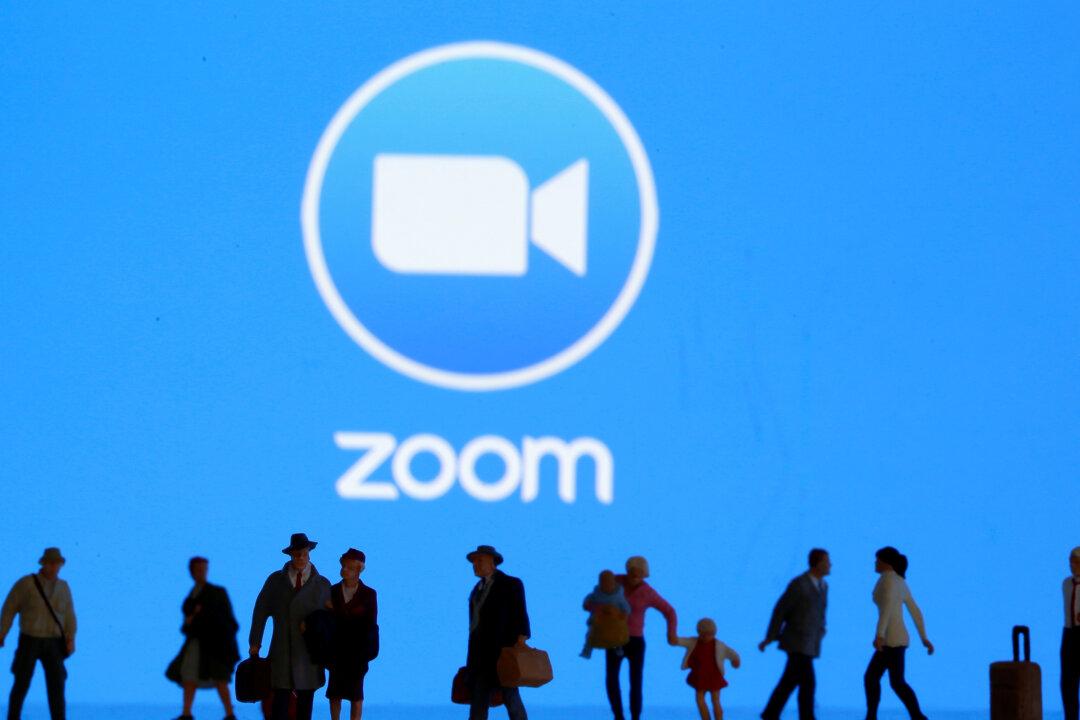Parents with the Los Angeles Unified School District (LAUSD) held a “Zoom blackout” on Monday in a bid to pressure the district to reopen schools for in-person learning amid the CCP virus pandemic.
The effort, which began Monday, was organized as part of a separate protest in the district with the help of parent Cynthia Rojas, who told “Fox & Friends” that she feels “there is a really big urgency to get our kids back in school.”





